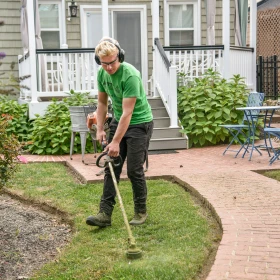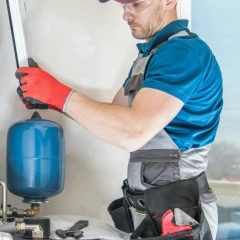











.jpg)

⚠️ Certification requirements vary by state. This guide offers general information and is not legal or licensing advice state licensing board, local authorities, or union representatives
Most plumbing certification programs require at least a high school diploma or GED. If you’re still in school, focus on classes like:
Having a strong foundation in math and mechanical reasoning will give you a head start. Some states accept college/trade credentials or vocational diplomas in plumbing/geotech fields in lieu of a GED — verify your options in advance.
There are two typical paths:
These programs offer classroom training in:
Programs may take 1–2 years and often include some hands-on lab work.
A plumbing apprenticeship is the most direct path to certification. Apprenticeships usually last 4–5 years and combine:
You can apply through a local union (like the UA), a contractor association, or a state workforce program. Apprenticeship programs often waive tuition and offer paid training, and may also support quicker progression to journeyman status depending on state reciprocity.
💡 Many states require an apprenticeship before you can even apply for certification or licensing.
To qualify for certification or licensure, most states require a set number of on-the-job training hours. This can range from 4,000 to 10,000 hours depending on the location and certification level (apprentice, journeyman, master).
Make sure your hours are documented and supervised by a licensed plumber.
Once you’ve met your experience or training requirements, you’ll be eligible to take a state exam.
These typically cover:
Some states split the exam into written and practical (hands-on) sections.
⚠️ Some states may offer different license levels: Apprentice, Journeyman, and Master. Check which level you qualify for before testing.
To receive your certification or license, you may also need to:
Most states require plumbers to renew their certification every 1–3 years. You may need to complete:
Failing to renew can result in suspended or revoked certification — and the inability to work legally.
